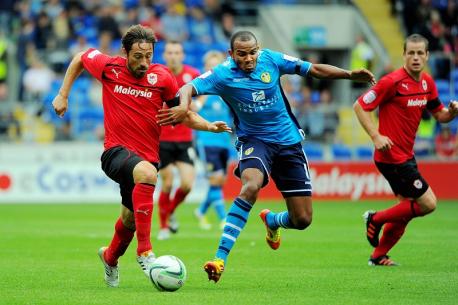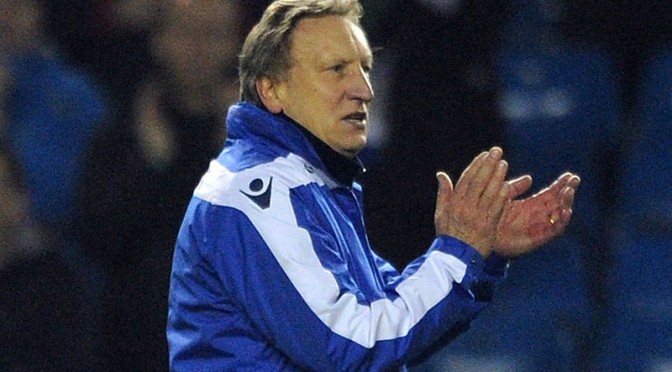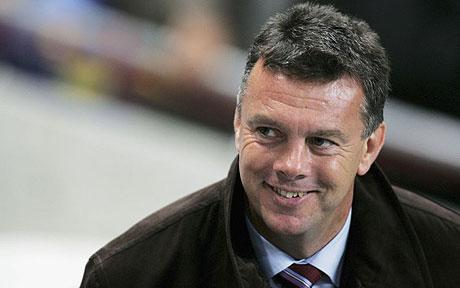Back in the summer, everybody was very excited about Rodolph Austin and his arrival in Leeds. In fact, by all accounts we were signing a player who seemed a bargain, one of genuine quality. Things haven’t exactly gone to plan, and the more recent reaction to Austin has been lukewarm, to say the least. I’m convinced, on the back of recent games, that this has been unfair. Austin has been the only player recently to up his game, as the rest of the team has collapsed around him.
Think back to why he became a shambling husk of what he was before – a supposed broken leg that he recovered from in about 4 weeks, rushed back without any real fitness. The game against Forest clearly showed that Rudy was not ready, he was noticeably carrying additional weight and unfit, yet he played again and again following that. Aside from the injury, Austin has gone nearly a year and a half without a pre-season now, without a holiday. I’ve previously described Austin as being like a Victorian Steam Engine experiment run amok. During the winter, his supply of coal had burnt down to the last embers.
He was allowed a rest, and he’s come back stronger. Against Huddersfield, he was the best player on the park, breaking play up and keeping hold of the ball when no one else would. Since then he hasn’t necessarily been our best performer, but he has provided solid displays, doing little wrong.
The problem for Rodolph, I feel, is that he’s our only player (aside from Sam Byram) with any real ability on the transition. This is the phase of play between attacking and defending, or vice-versa. The transition is considered imperative to modern football, and explains the importance of counter attacking to any sensible coach. With Rodolph lumbered by midfield partners unable to turn and respond quickly to a breakdown in an attack, he’s almost entirely responsible for covering when the opposition break. Similarly, when an opposition attack breaks down, Rodolph’s driving runs are often incredibly useful for carrying the ball over half way.
He does it exceptionally well, and has done over the last few games, but he needs players around him to support him. One man cannot run end-to-end alone, especially one without a break or pre-season in a long time. The next manager (McDermott, by all accounts) needs to be sensible enough to understand that a figure like Michael Brown cannot “break up play” on the counter – he’s far too slow to get anywhere near the opposition when they burst quickly into our half.
If he plays on Saturday, I expect Austin will be one of the better players on the pitch, doing nothing spectacular but still imperative to any result that comes our way. At the very least, I look forward to seeing a refreshed Austin next season, preferably with the players around him that he needs.
Follow Amitai Winehouse on Twitter (@awinehouse1).



